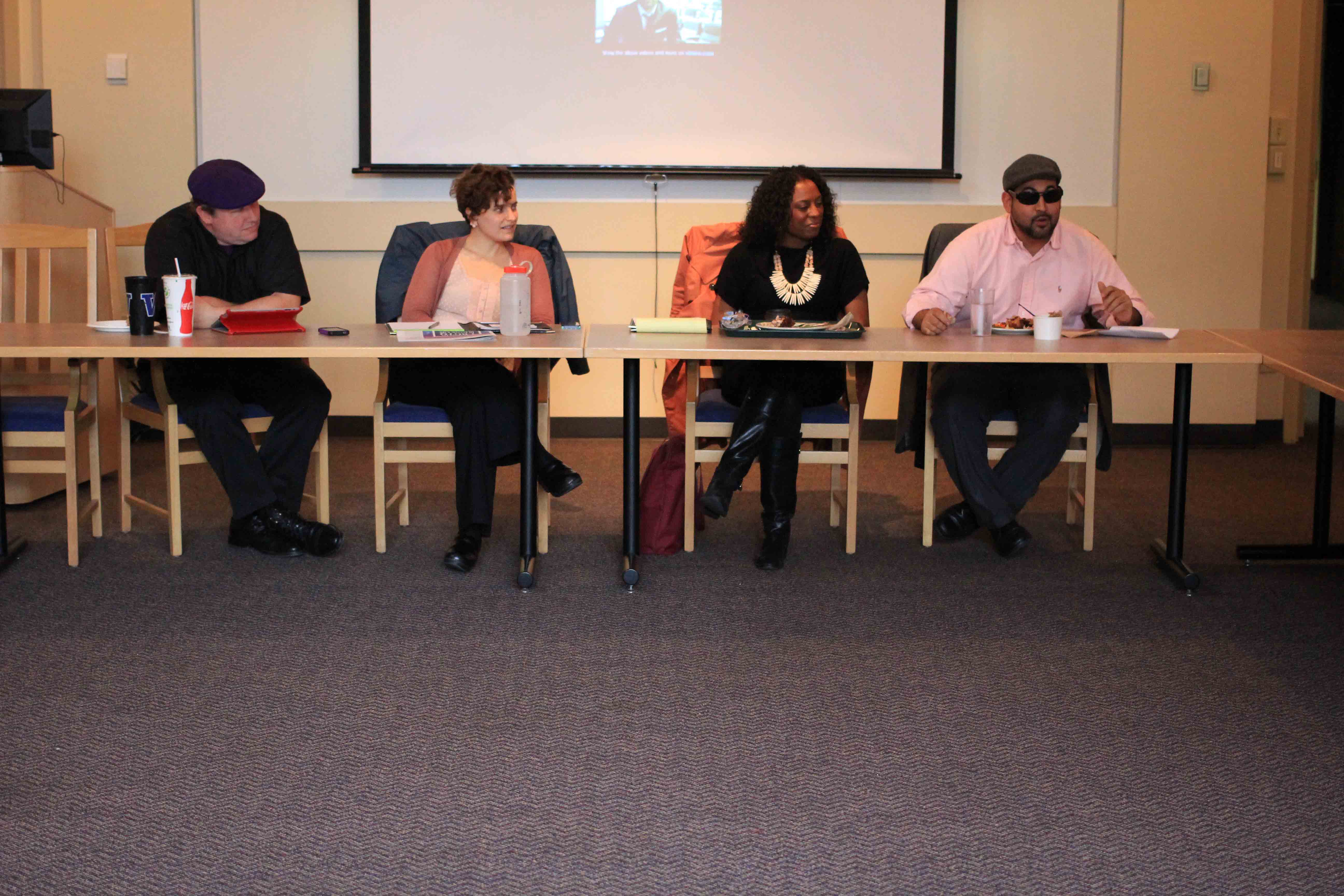The Catholic Church is one of the oldest institutions still surviving today, dominating Europe and the world at large for 1000 years. And while it retains only a fraction of the power it once held, it still exerts influence over 1.2 billion people.
Institutions that old generally resist change, but when it comes to the recently elected Pope Francis, a crack in the Church’s firm traditionalism is already showing.
Elected on March 13, 2013, Pope Francis of Buenos Aires, Argentina has a whole new outlook on the papacy. He believes that the Church has been too focused on issues like homosexuality, abortion and contraception without considering their real mission: helping the poor and marginalized.
Given that one of the Church’s main ideologies is to aid those who need it, the Pope’s new focus represents a step in a more positive direction.
He has even spoken out against the rut in which the Catholic Church has been stuck in for years, describing the Church’s current “ideologies” as “rigid” and calling this rigidity a “serious illness.”
“The faith becomes ideology and ideology frightens, ideology chases away the people, distances the people and distances the Church of the people,” Pope Francis said in a Mass sermon.
His outlook is mainly focused on improving the Church’s rapidly declining stance in the world, transforming it from an obsolete, outmoded institution to a source of comfort and hope for the modern world.
“The church’s pastoral ministry cannot be obsessed with the transmission of a disjointed multitude of doctrines to be imposed insistently,” Pope Francis said to the Italian Catholic journal La Civiltà Cattolica. “We have to find a new balance; otherwise even the moral edifice of the Church is likely to fall like a house of cards, losing the freshness and fragrance of the Gospel.”
Now that’s the papacy done right, at least to a degree. Of course, Pope Francis continues the time-honored Catholic traditions of anti-homosexuality, anti-abortion and anti-contraception; if he did not subscribe to those (outdated and ignorant) principles, he would not have been elected.
Progressive as he may be, in other respects the Pope is as stuck in asinine traditions as his predecessors.
For example, on Sept. 24 he excommunicated an Australian priest who spoke out in favor of LGBTQ rights and the ordination, or priesthood, of women.
Ridiculous as it may seem to deny someone their life’s work based on their support of equal rights for women and homosexuals, that is how the Catholic Church works, and Pope Francis is unlikely to break out of the cycle of misogyny and intolerance.
Despite his oversights, however, at least the Pope is making some (albeit shaky) strides.
Given that Pope Francis is tending towards a more liberal direction, Catholics are mixed in their reactions to him when they should be cheering on his new policies.
As Marshall Connolly of Catholic Online said, “He [Pope Francis] keeps company with prisoners, the poor and even atheists… Jesus kept company with harlots, tax collectors, and gentiles. Pope Francis is simply doing the same thing and calling Christians to follow.”
Putting aside the irksome holier-than-thou tone, Connolly is correct. The Church is supposed to teach acceptance and love, not focus on modern issues that really have little to no bearing on actual Church doctrine.
If the papacy and the Catholic Church must continue to exist (which they will, despite the overall declining rates of church attendance worldwide) it is long since time for them to give up their hateful values.
The Church has to go back to a time in which its teachings were not the number one cause worldwide for brutality and violence.
Granted, there has hardly ever been a time where religion did not cause brutality and violence, but that is beside the point.
Pope Francis is at least making a step in the right direction; one can only hope that he will keep it that way.


